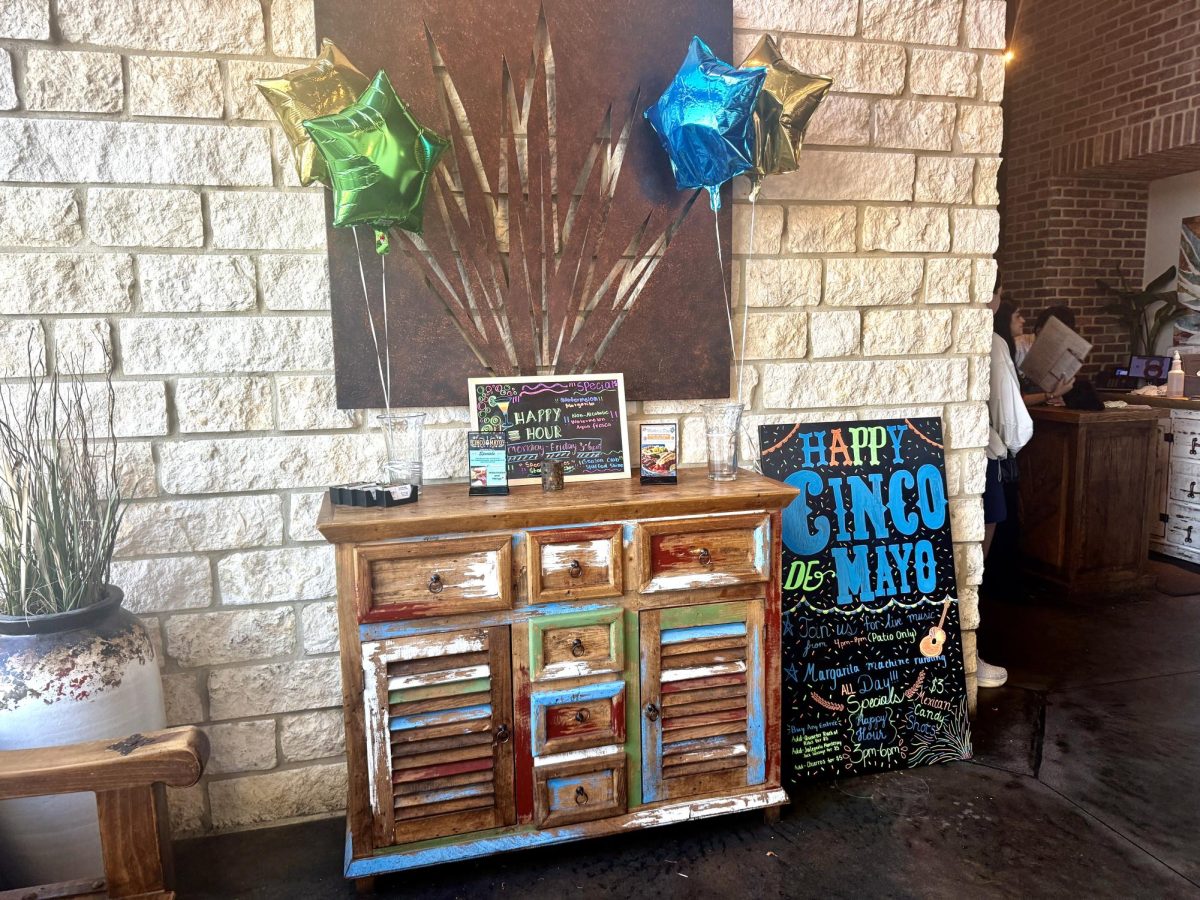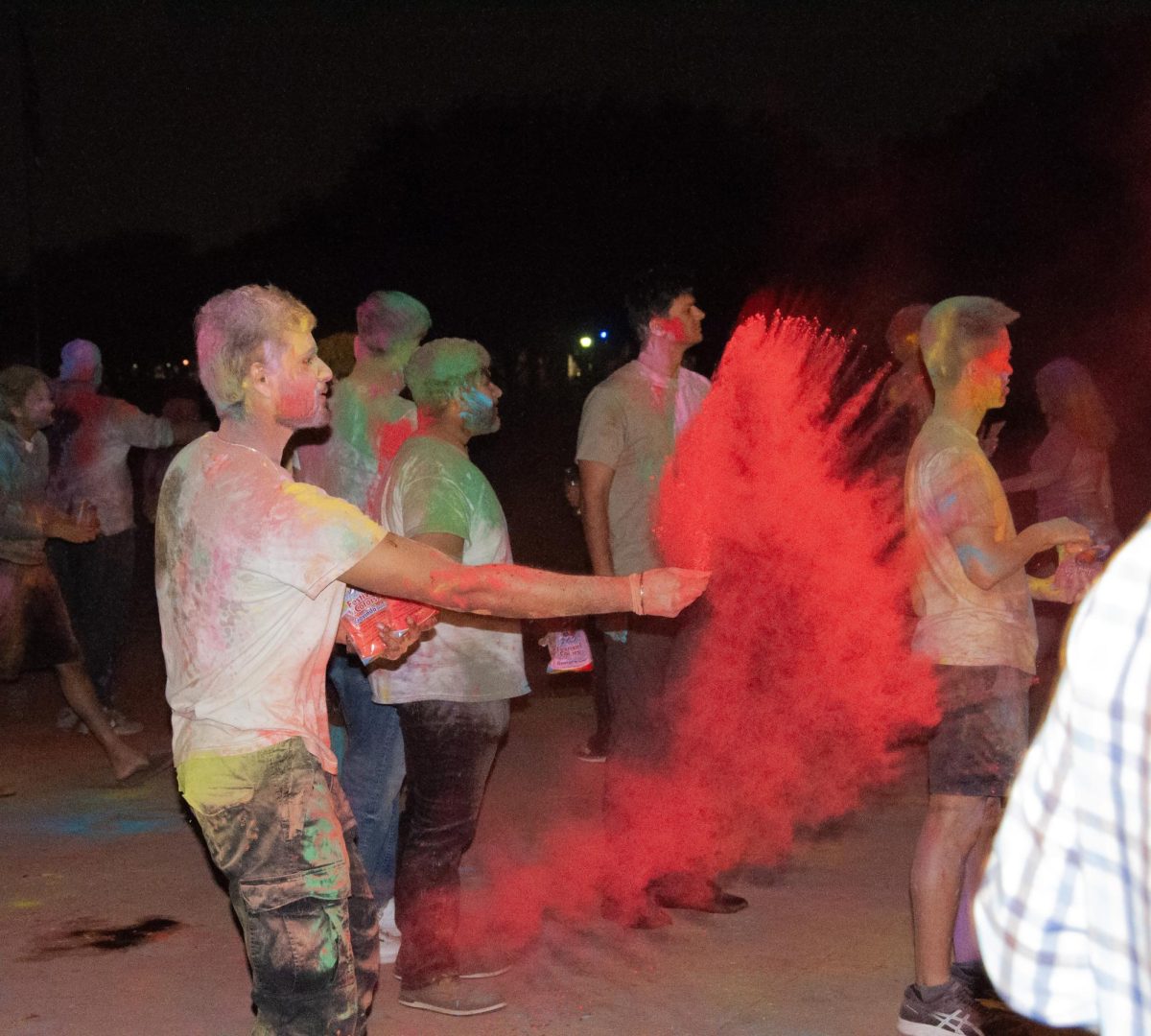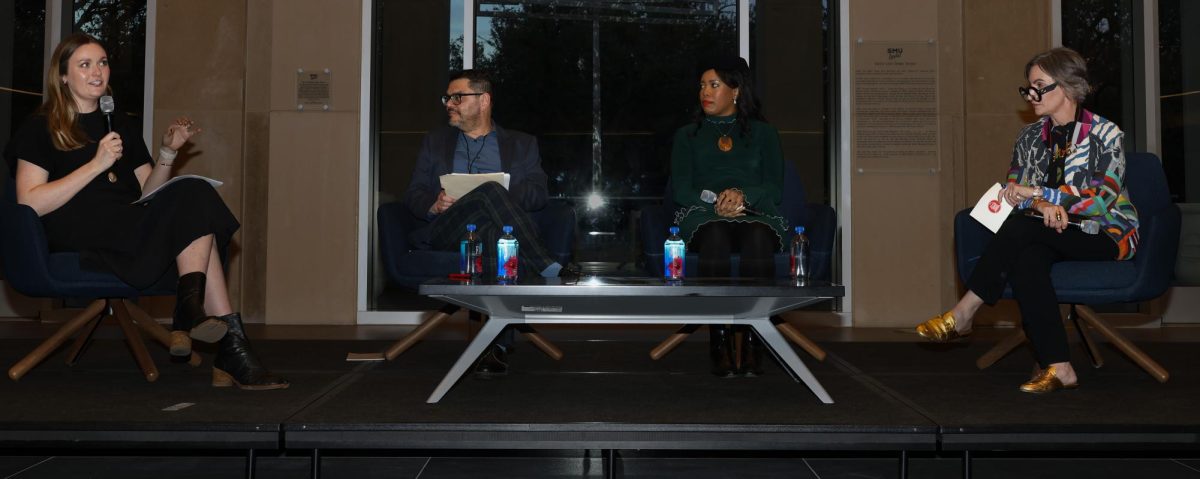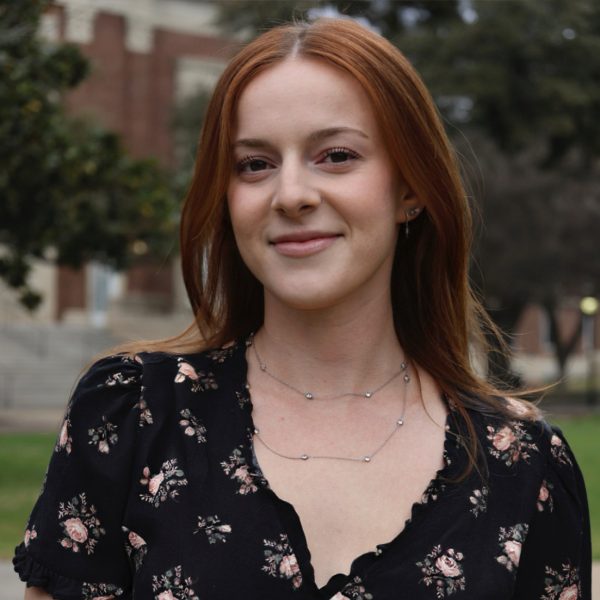After a long day of teaching journalism classes in Umphrey Lee, Charlie Scudder sits behind his dark wooden desk, making his final edits of this week’s podcast episode. A decorated journalist, SMU professor, father and host of The Unforgotten’s upcoming season, Scudder has proven that it’s never too late to try something new.
Charlie Scudder began covering the Billy Chemirmir murders for Dallas Morning News in May 2018, with an article titled “How a Dallas serial killer suspect ‘got away with it for so long,’ and why that complicates 12 murder cases.”
A 91-year-old woman’s survival of an attack ultimately led to Chemirmir’s arrest. Police discovered a string of murders connected to Chemirmir, as he targeted elderly women exclusively. Chemirmir would smother these women to death, steal their jewelry and exchange their prized possessions for cash. Over the next six years, Scudder became a primary reporter of the Chemirmir case and compiled all of the information into a podcast.
“I’ve done so many breaking news stories about the case,” Scudder said. “This was a chance to pause and think about what actually happened.”
Scudder does not shy away from analyses of senior living establishments, problems with immigration, the cash for gold industry, ageism, and how unspecific deaths are identified. In analyzing each of these issues and how they’ve appeared throughout the case, Scudder has been able to address the loopholes that Chemirmir jumped through.
“There are systemic problems that do not have a single easy fix,” Scudder said. “Every single one of these women were lively, and senior living is not a death sentence.”
In making The Unforgotten: Unnatural Causes, Scudder’s relationships with sources allowed for the podcast to reach new depths and uncover new elements of the Chemirmir case. Over the course of nine episodes, Scudder breaks down the facts of the Chemirmir case while posing unanswered questions and providing new eyewitness information.
“Just when you think this can’t get any crazier, it does,” Scudder said.
Scudder explained how podcast journalism is a completely different medium from print journalism, and that he had to step out of his comfort zone within this medium.
“I had to think about it like I am a character in the story,” Scudder said. “You’re coming along with me in this world and as I investigate this world.”

Scudder has been able to discuss these issues openly with sources on the podcast, while remaining well-informed and having the research necessary to analyze. Scudder has built meaningful, trusted relationships with his sources. Shannon Dion, a woman whose mother was a victim of Chemirmir, holds a close relationship with Scudder.
“The biggest part was his patience,” Dion said. “He worked his way to gain my trust and when he did that over time, it just got deeper and deeper,” Dion says.
Dion respects Scudder’s journalistic abilities in maintaining personal ethics and boundaries with his sources, while also fostering a positive, comfortable environment. Although she was hesitant to share her story at first, Scudder ensured that Dion was comfortable every step of the way. Dion continues to bring awareness to the Chemirmir case, advocating for proper care and security measures in senior living communities.
“I want to make sure people understand this case,” Dion said. “I can’t bring my mom back, none of us can bring our loved ones back, but we can certainly learn from this situation and improve the lives of others.”
As Scudder releases new episodes of his podcast, he aims to spotlight overlooked issues in the case while sparking conversations about the media’s role in representing this vulnerable demographic. He says it is important to visit elderly communities and to talk to them.
“If police miss a clue, it is way too easy to say ‘natural causes,’” Scudder said as he explained death within older age demographics. “Catching those prevents so many problems that are bigger than this case.”
As a news reporter, it is imperative not to include personal opinions or anecdotes in order for the article to remain impartial and ethical. Scudder is a firm believer in maintaining ethical practices, and the podcast serves as a tool for him to develop deeper analyses of the information while remaining ethical.
“I’ve been on this story for so long, I’ve thought deeply about it and researched it so much that I have informed thoughts,” Scudder said. “I’m going to call out bullshit when I see it. There were a lot of things about the case that have not been represented.”
On the podcast, Scudder often poses unanswered questions that serve as food-for-thought for the listener.
“In a newspaper, you probably wouldn’t raise questions,” Scudder said. “You wouldn’t leave those hanging in a news story. In a podcast, you want those questions.”
In Scudder’s Media Literacy and Democracy class, students are encouraged to discover new angles of complicated cases such as Chemirmir’s. Kennedy Mehr, an SMU sophomore, has grown to love this type of discussion-based learning as it enhances her ability to think critically.
“His teaching style is very discussion based, very collaborative,” Mehr said. “He wants to get us thinking about a new perspective and engage the students which I really like.”
His expertise has allowed students like Mehr to put themselves in the investigative journalists’ shoes and understand how to discern their opinion and personal analyses from factual information.
Beyond the podcast and teaching at SMU, Scudder’s life has taken on new dimensions in recent years, not only professionally but personally. He recently welcomed a new baby boy into his family.
“I’m really thankful as far as being a parent. My wife has definitely been a huge help,” Scudder said.
As an SMU journalism professor, Scudder is known for his engaging teaching style and genuine commitment to his students. Balancing his teaching profession, personal life and on top of all of that, this new podcast, Scudder truly demonstrates work ethic, dedication and expertise.

















